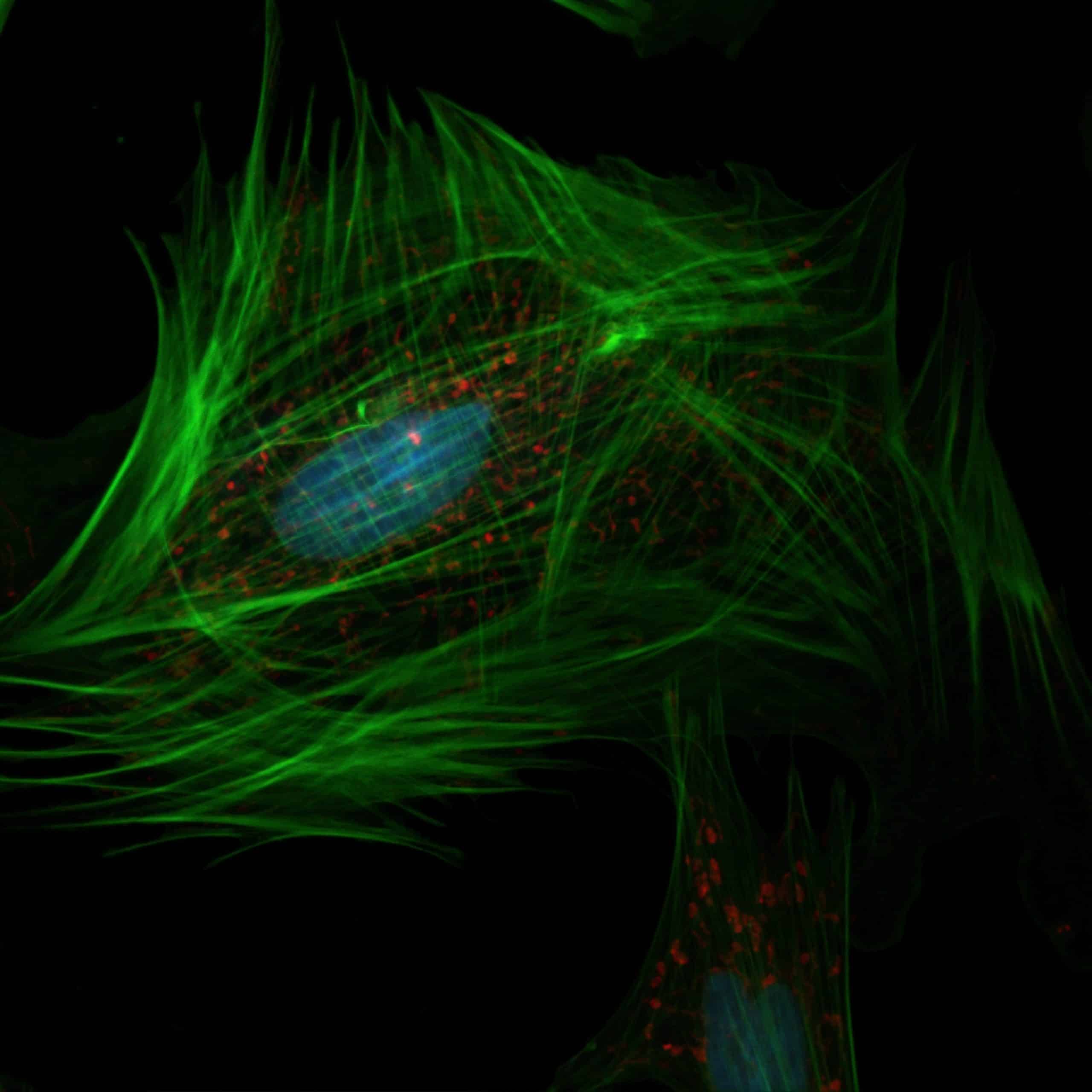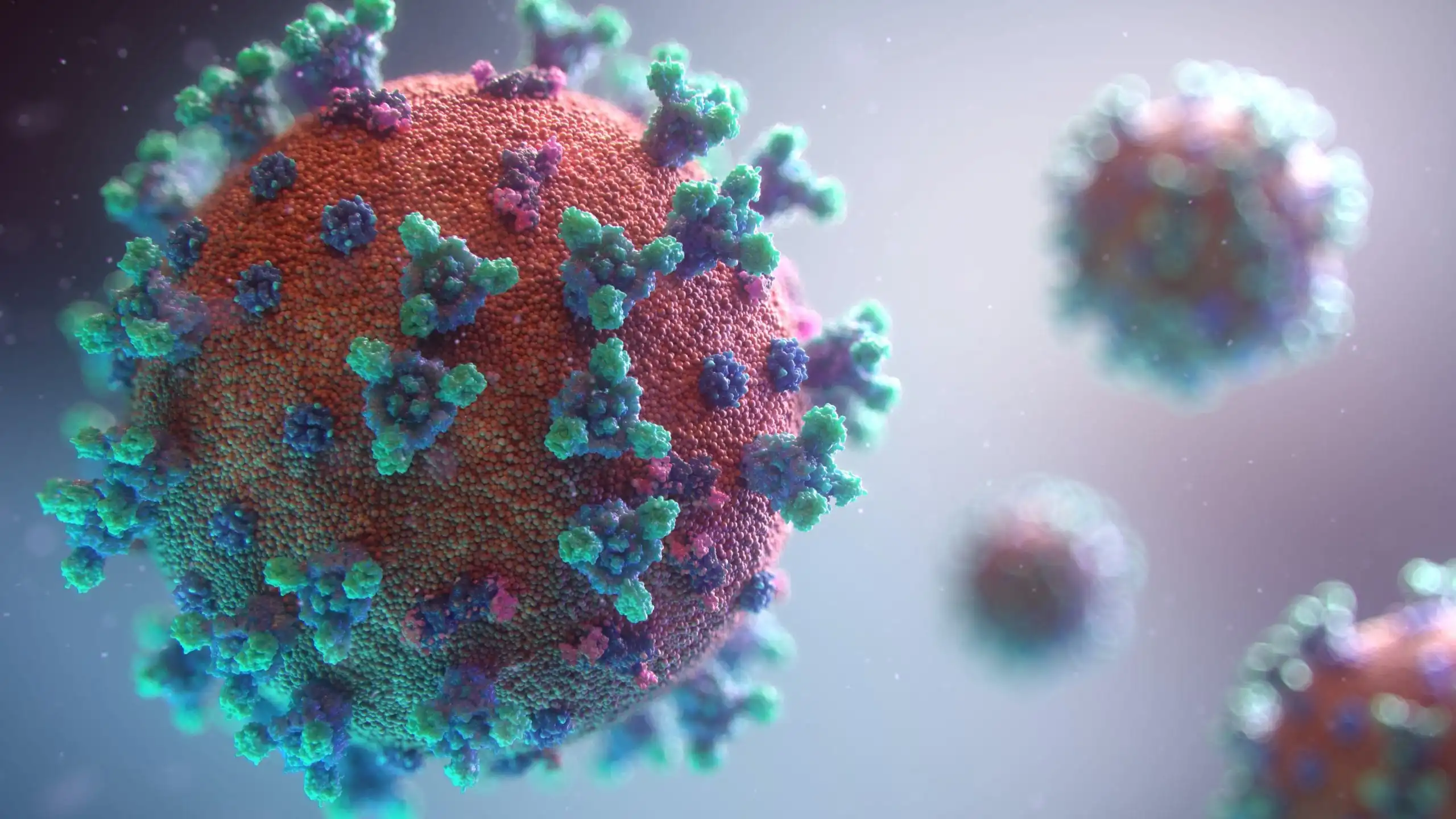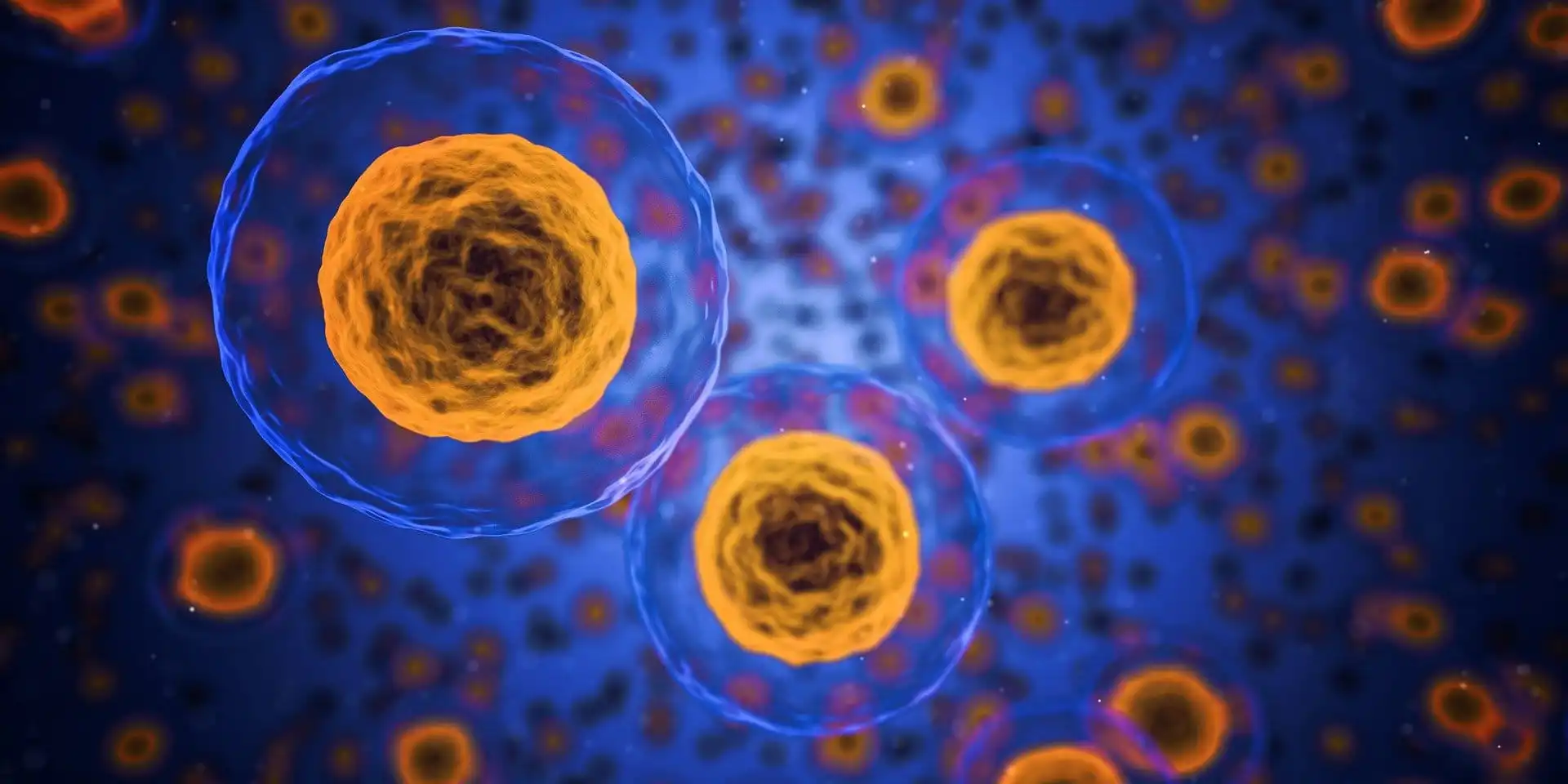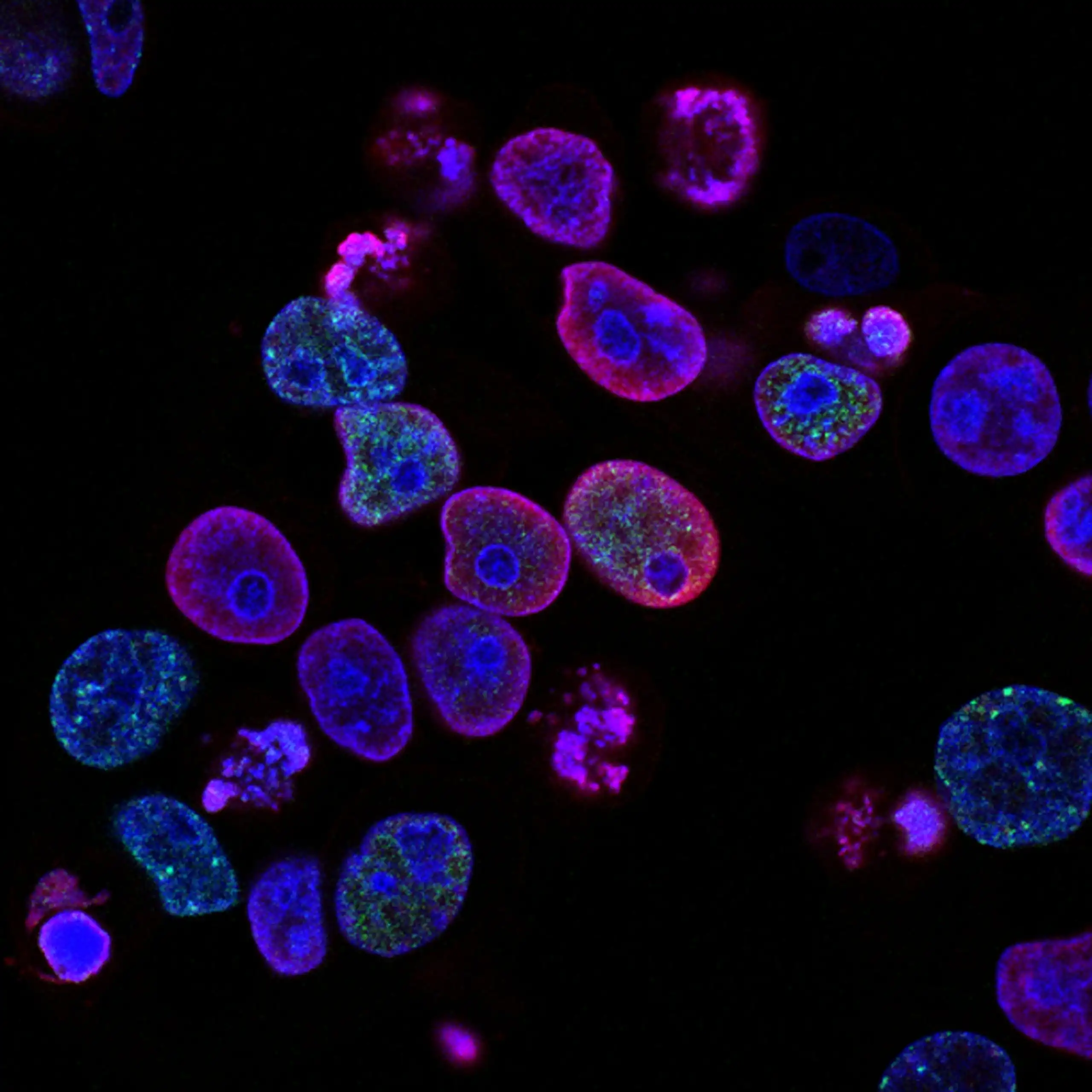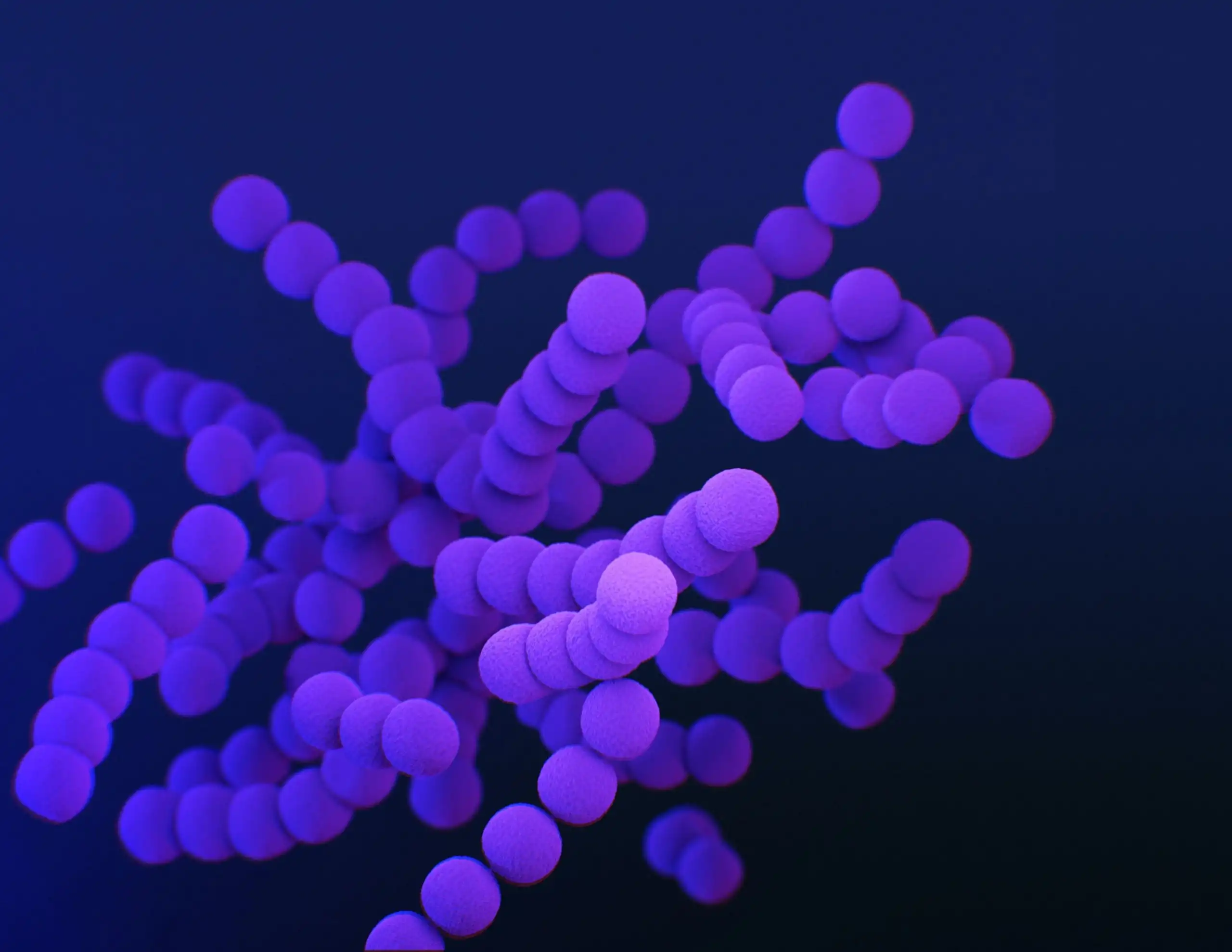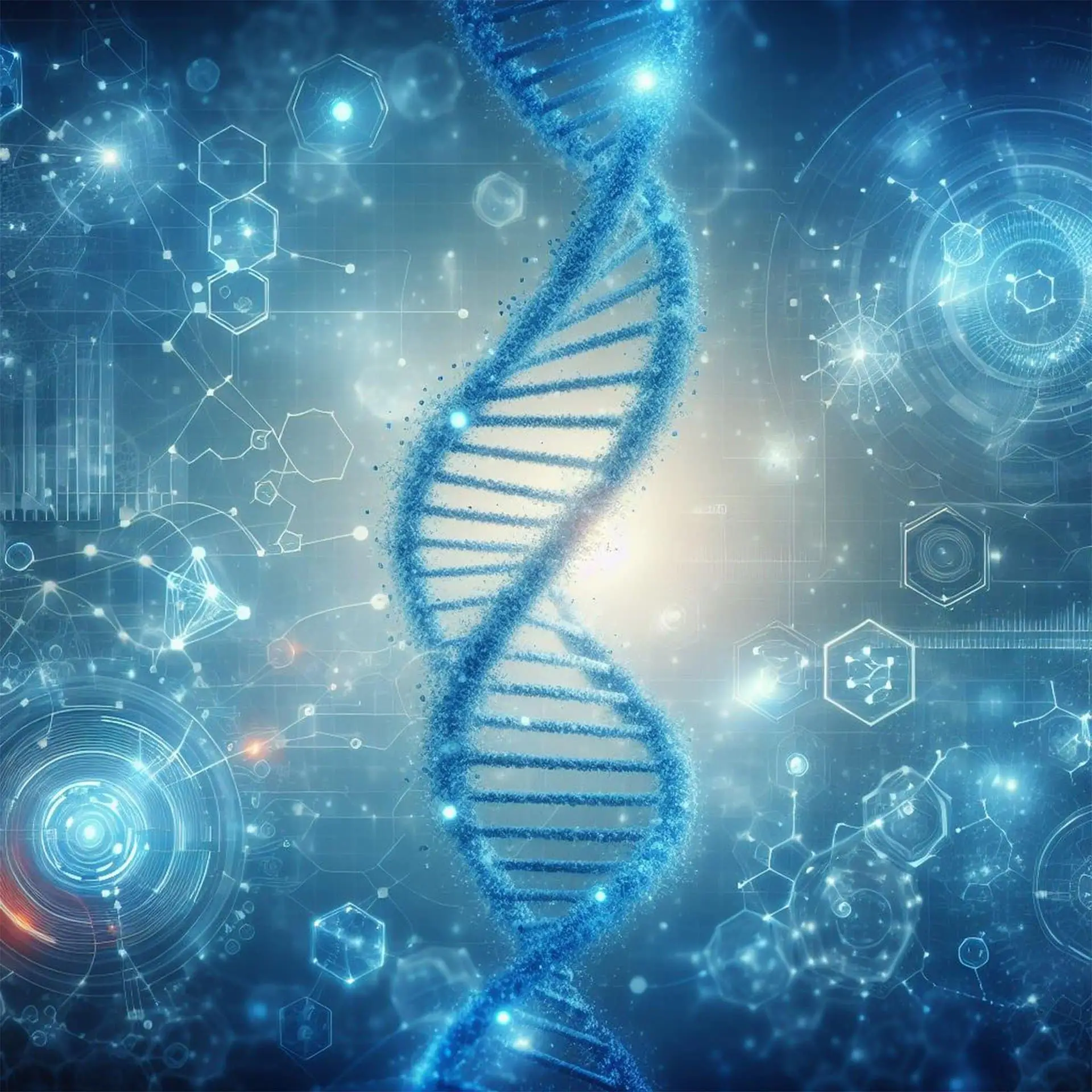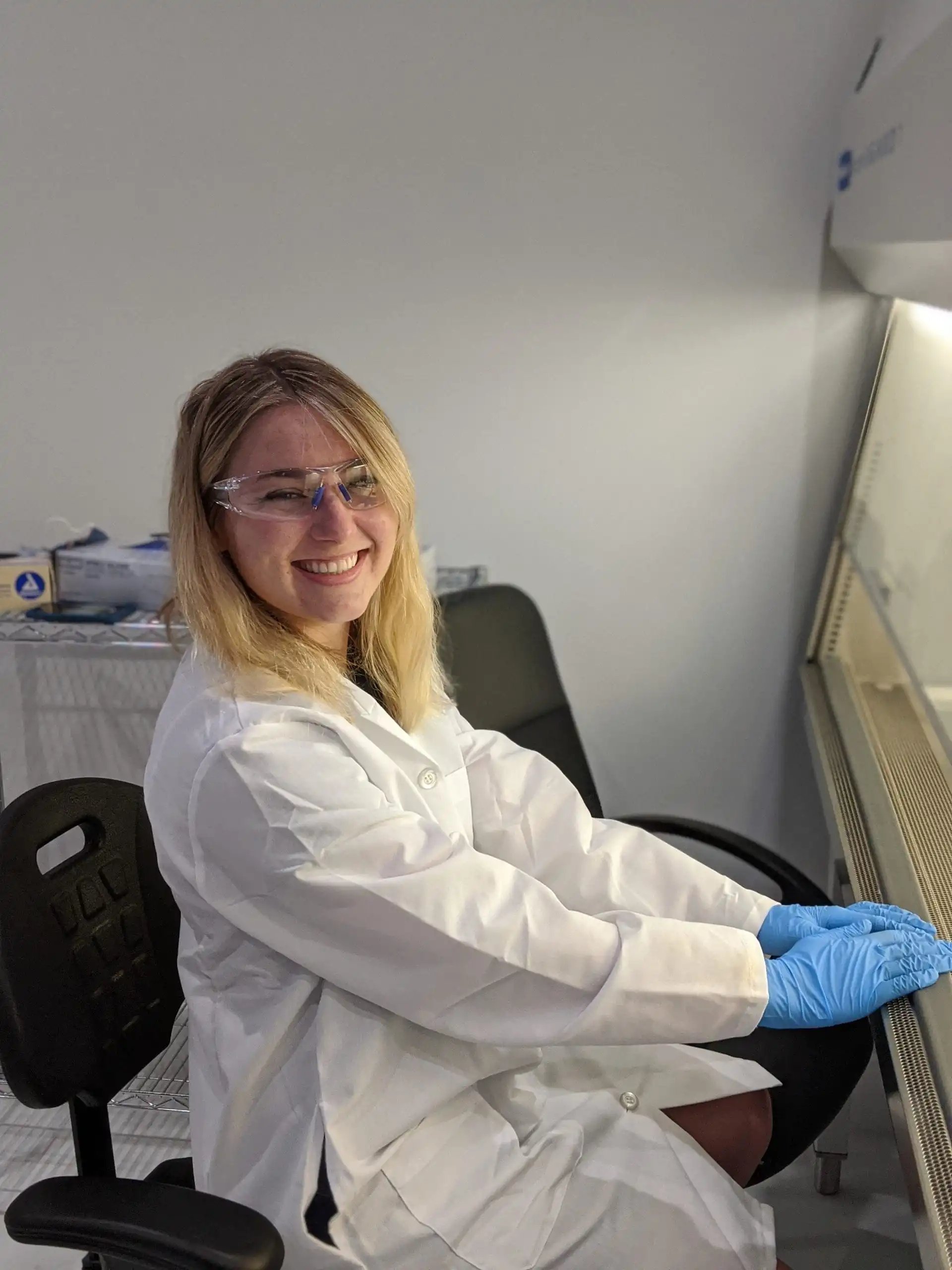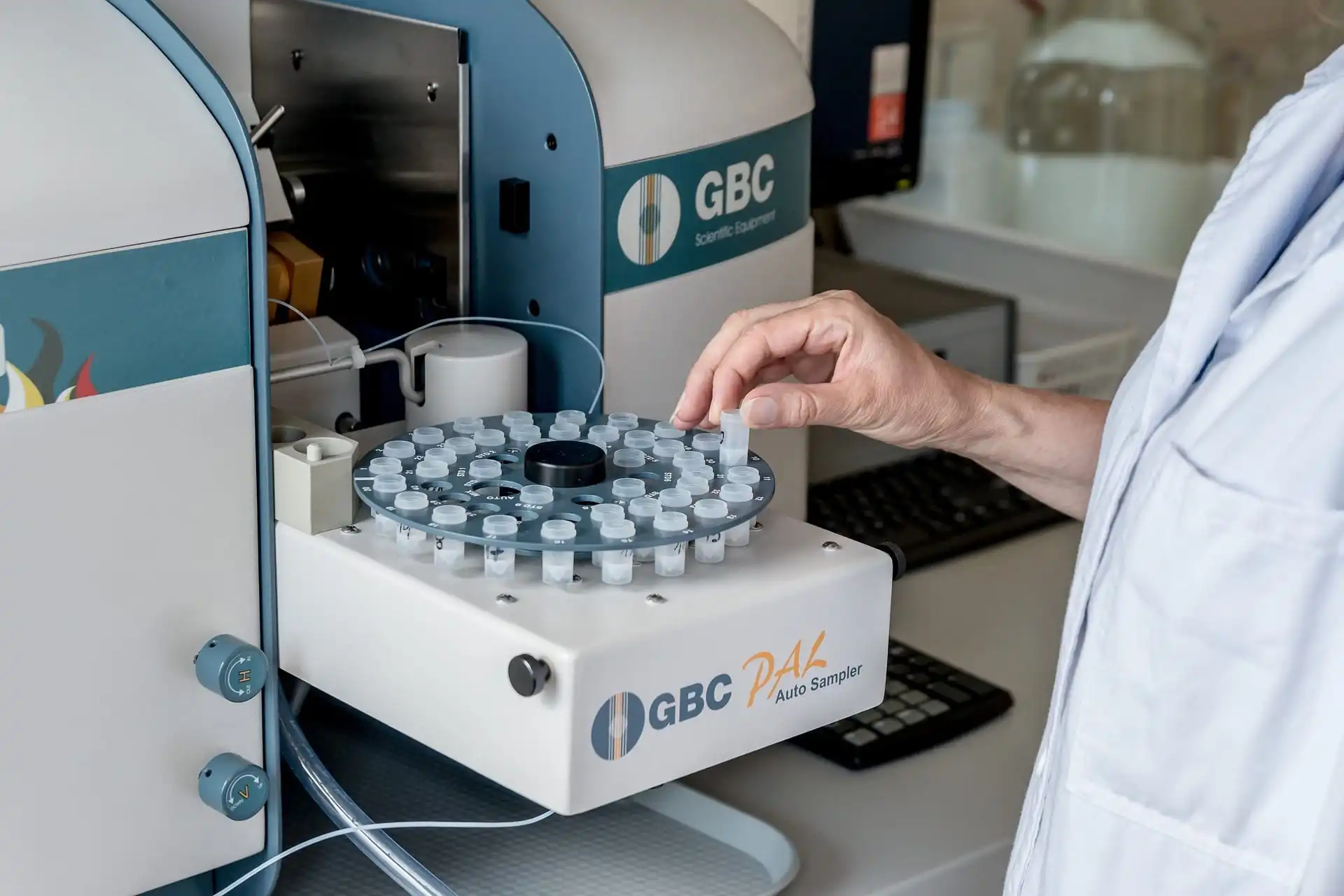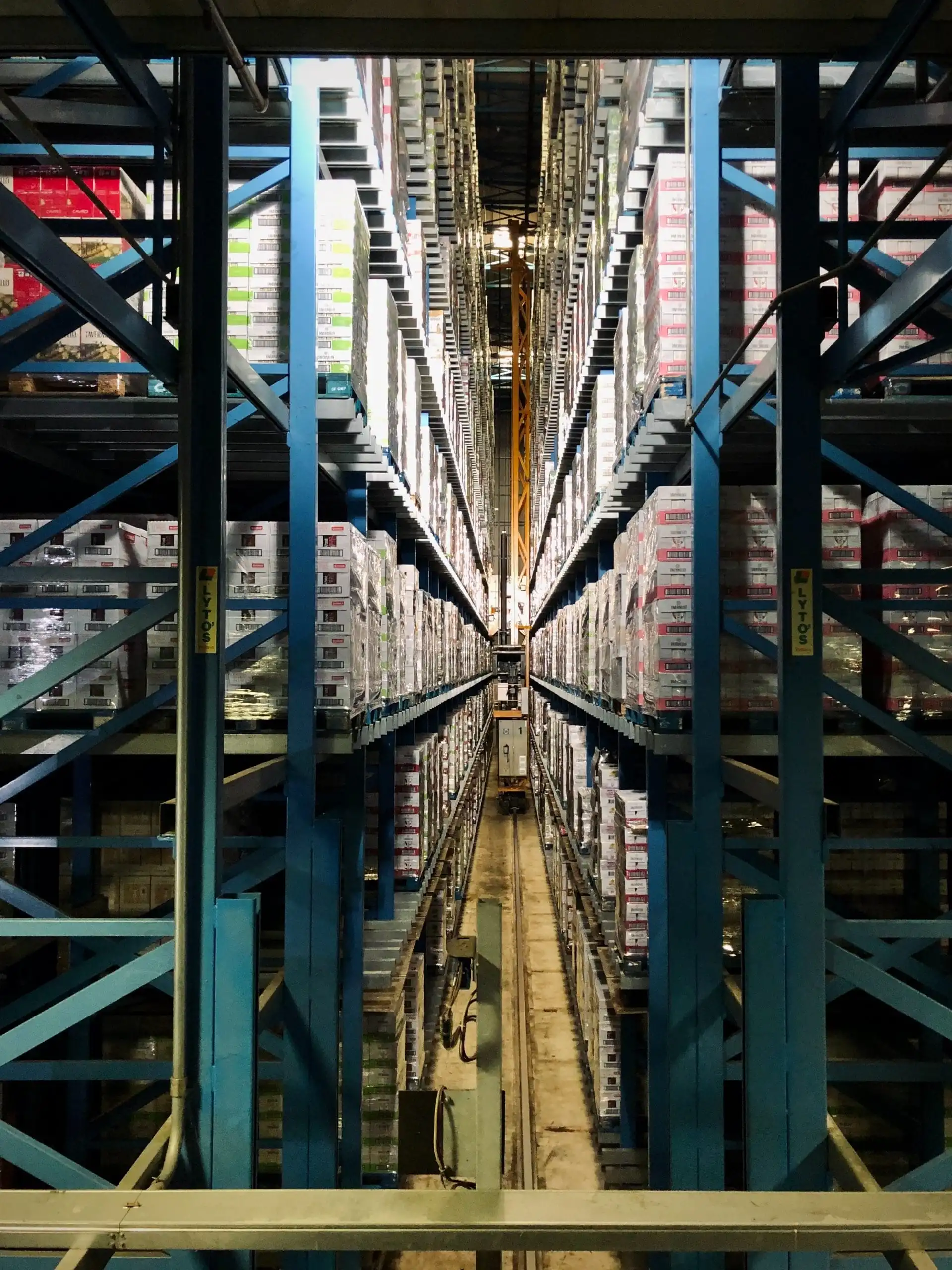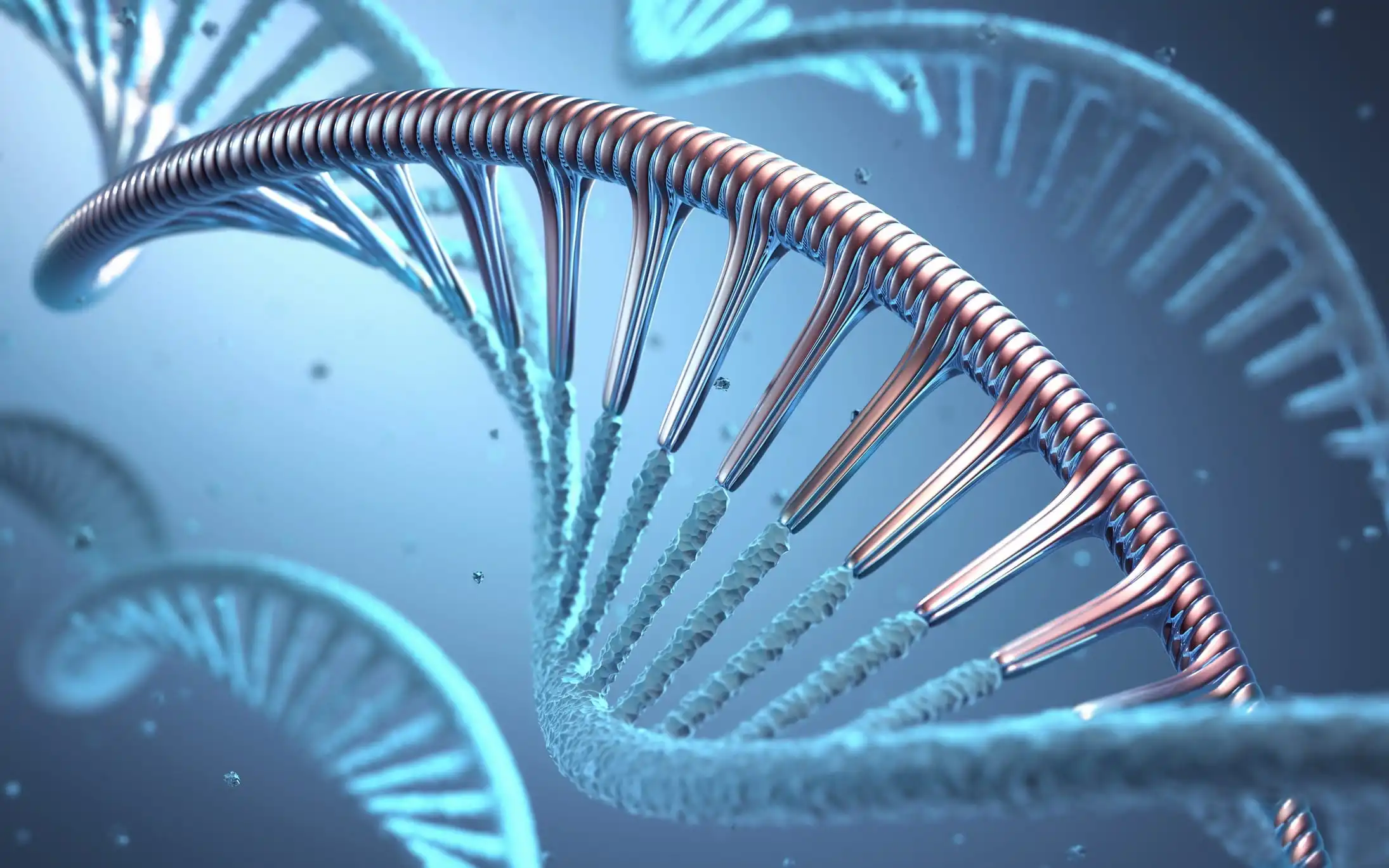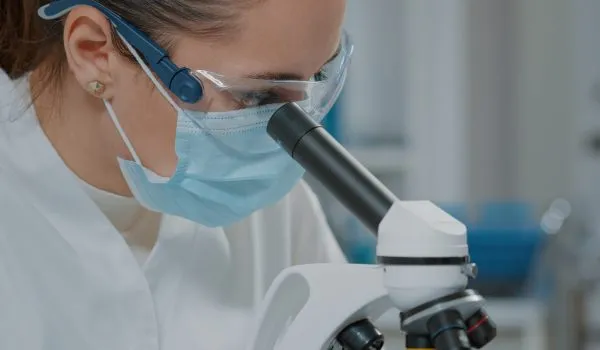
Biotechnology is not as modern as some people think. Since a long time, humans have been harnessing the power of technology to optimize crops, breed animals for food, and create medicines from plants. Read on to learn more about biotechnology, and what innovations you can expect to see in the near future.
Want to buy special raw pharmaceutical materials (GMP) ?
MedicaPharma ensures access to GMP pharmaceuticals across multiple resilient global supply chains. Click here to view a full GMP API product list.
MedicaPharma is capable of supplying all GMP materials needed; our experience with sourcing materials that are difficult to obtain makes us the ultimate choice; just challenge us, we will find any material you need. Add your Chemical Name below and click GO!
Get your requested raw materials quotation
Table of Contents
What is Biotechnology?
Biotechnology (or biotech) is a scientific discipline that utilizes biological systems, living organisms, or parts of either group to develop new products, methods, or living organisms with the goal of improving human health and society.
Get your requested raw materials quotation
Origins of Biotechnology
The term “biotechnology” originated in 1919 by Károly Ereky. The word means to produce products from raw materials with the help of other living organisms.
The biotechnology discipline, can be traced back to the agricultural revolution, where early farmers exploited living organisms by selective breeding or modifying their genetic makeup. Concurrently, humans at that time learned to produce alcohol, bread, and cheese through the biological process of fermentation.
Biotechnology remained limited to agricultural applications until biologist Gregor Mendel discovered the basic principles of heredity and genetics in the 19th century. At the same time, scientists Louis Pasteur and Joseph Lister discovered the microbial processes of fermentation. Genetic engineering was subsequently developed in 1973, laying the foundation for modern biotechnology practices and innovation.
Biotechnology vs. Biopharma
Biotechnology uses living organisms and processes to make products, while biopharma refers to businesses that engage in activities that produce medicines.
Examples include:
- Thrombolytic agents (tissue plasminogen activator)
- Blood factors (Factor VIII and Factor IX)
- Haematopoietic growth factors (Erythropoietin, colony-stimulating factors)
- Interferons (Interferons-α, -β, -γ)
- Hormones (insulin, glucagon, growth hormone, gonadotrophins)
Conventional Pharmaceuticals vs. Biopharma
Conventional pharmaceuticals and biopharma both create drugs intending to treat or prevent human illnesses. The primary difference between both industries is that biopharma produces products differently.
Conventional drugs are typically created from chemical compounds, while biopharma uses biological processes, living organisms, or a combination of the two. By using living organisms, biopharmaceutical researchers aim to alter how living cells work.
Get your requested raw materials quotation
Biotechnology Examples in Pharma
Examples of pharmaceutical medicines and products produced using biotechnology processes include vaccines and recombinant insulin. In addition, biotechnology is also used for certain healthcare processes, including gene testing, molecular diagnosis, and pharmacogenomics.
Top Biotechnology Trends for 2023
The healthcare industry is experiencing massive shifts in pharmaceutical technological innovation. Major pharmaceutical and healthcare trends to watch in 2023 include mRNA vaccines, wearable medical devices, AI-enhanced research and development, supply chain innovation, and more.
Concurrently, biotechnology is expanding rapidly. Some top trends to look out for in 2023 include:
Personalized Medicine
All human beings are unique, leading to advancements in medicine that personalize drugs to treat patients individually. Rather than prescribe medications with a “one-size-fits-all” approach, personalized treatments that leverage modern genomics may enable healthcare practitioners to tailor medicines to individuals based on their DNA composition.
Agricultural Biotech
Biotechnology has been used for thousands of years in the agricultural sector to optimize plants and animals to adapt better to environmental conditions and produce greater yields. Technology in the modern age is driving this practice up exponentially to develop crops that are more resistant to diseases and pests. Other goals of agricultural biotech include greater efficiency, higher yields, and growing practices that are less damaging to the environment.
Faster Drug Testing and Approval
New drugs typically require up to twelve years for testing and approval. Health officials made exceptions for Covid-19 vaccines by allowing them to be approved at record speeds. In addition, biotechnical innovation is enabling researchers to hasten the process by allowing for artificial simulations of interactions between the drugs and the body.
Biotech data is additionally being used to speed up approvals of drugs for cancer through the US Food and Drug Administration (FDA)’s Real-Time Oncology Review program. Another case is the approval of aducanumab, a new treatment for Alzheimer’s disease developed by the pharmaceutical company Biogen.
MedicaPharma: A Trusted Global Supplier of GMP-Grade Active Pharmaceutical Ingredients
MedicaPharma is dedicated to biotechnological innovation by striving to provide its partners with the highest-quality Active Pharmaceutical Ingredients (APIs) produced to GMP standards.
Healthcare and Biotechnology FAQ
Biotechnology (or biotech) utilizes biological systems, living organisms, or parts of either group to develop new products, methods, or living organisms in order to treat diseases or health-related problems in society. The process works by using living biological systems rather than chemical compounds.
Biopharma is the industry of creating a biological medical product (or biologic) using biotechnology processes. Biopharma drug products are typically manufactured with, extracted from, or semi-synthesized from biological sources.
Some examples of pharmaceutical products produced using biotechnology processes include vaccines and recombinant insulin. In addition, biotechnology processes used in pharma include gene testing, molecular diagnosis, and pharmacogenomics.
